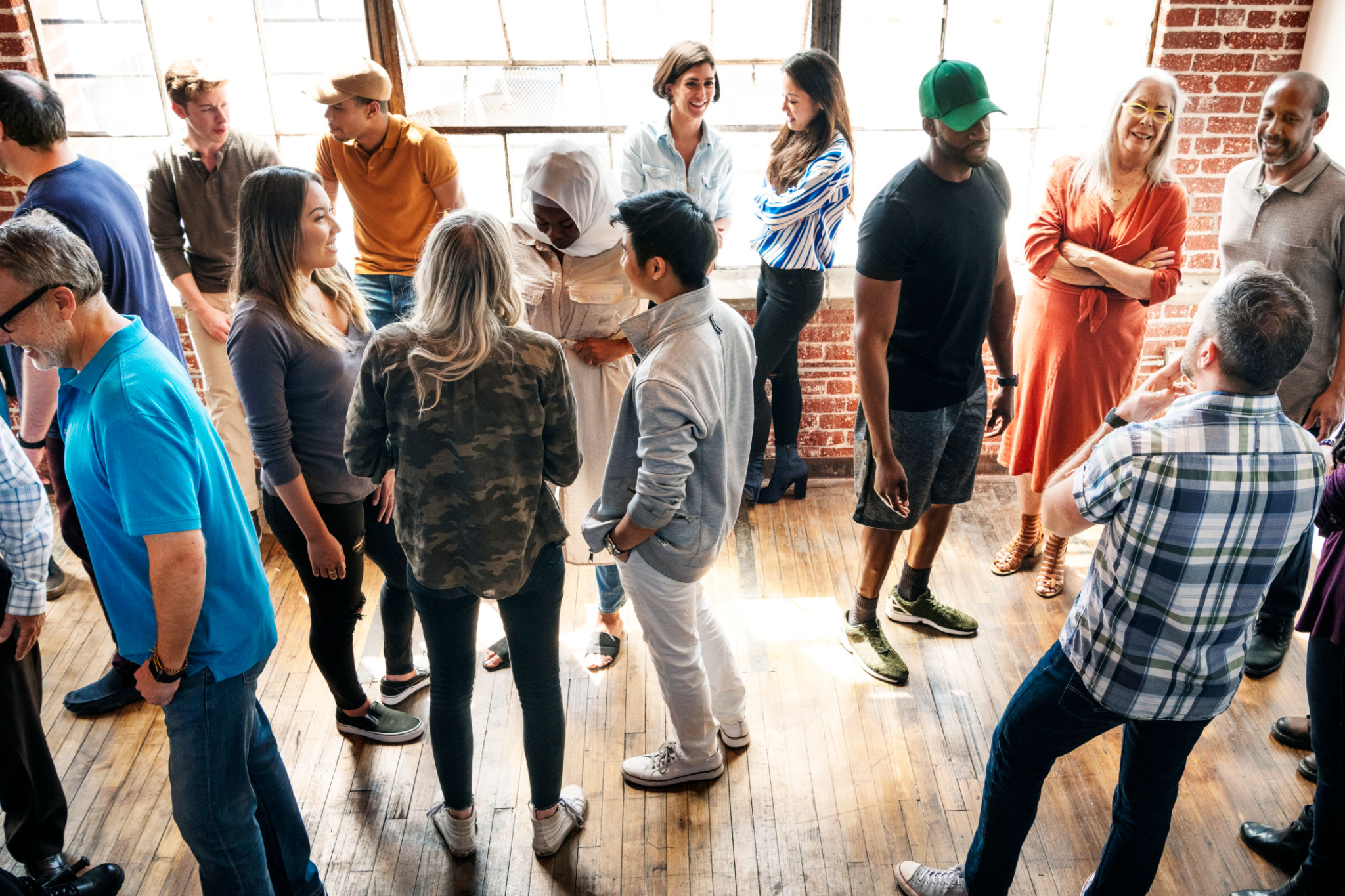Therapeutic Photography: Combining Art and Counselling for Healing in South Africa
Therapeutic Photography: A Unique Blend of Art and Healing
In recent years, therapeutic photography has gained traction as a powerful tool for healing and self-discovery. By blending the creative process of photography with counselling techniques, this unique approach offers individuals a new way to explore their emotions and experiences. In South Africa, where diverse cultures and histories intersect, therapeutic photography is emerging as a transformative practice for personal growth and emotional well-being.

Understanding Therapeutic Photography
Therapeutic photography is not about capturing perfect images; it's about using photography as a medium to express emotions and stories. Participants are encouraged to take photos that resonate with their feelings, thoughts, and memories. This process helps individuals to articulate experiences that might be difficult to express verbally, enabling them to gain new insights and perspectives on their lives.
The practice involves both creating and discussing photographs in a safe, supportive environment. Trained therapists guide participants through their photographic journeys, helping them to identify themes and patterns in their work that may reveal underlying issues or emotions. This process can be incredibly cathartic and empowering, allowing individuals to confront and process their feelings in a unique and meaningful way.
The Role of Culture in Therapeutic Photography
South Africa's rich cultural tapestry provides a fertile ground for therapeutic photography. With 11 official languages and a variety of cultural traditions, the country's diverse population can benefit from this creative form of therapy. Through photography, individuals can explore their cultural identities, family histories, and personal narratives in a way that respects and honors their unique backgrounds.

Therapeutic photography also offers opportunities for cross-cultural understanding and dialogue. By sharing their images and stories with others, participants can foster empathy and connection across cultural divides. This can be particularly valuable in a country like South Africa, where healing from past injustices and building a unified future remain ongoing challenges.
Applications of Therapeutic Photography
The applications of therapeutic photography are diverse and far-reaching. It can be used in individual therapy sessions, group workshops, or community projects. Some specific applications include:
- Trauma Recovery: Helping individuals process traumatic experiences by providing a visual outlet for their emotions.
- Self-Discovery: Encouraging personal growth by exploring one's identity, values, and aspirations through images.
- Community Healing: Facilitating collective healing by allowing communities to share their stories and experiences visually.

Getting Started with Therapeutic Photography
For those interested in exploring therapeutic photography, getting started is relatively simple. You don't need expensive equipment or formal training in photography. A smartphone or basic camera will suffice. The key is to approach the process with an open mind and a willingness to explore your inner world.
If you're considering integrating therapeutic photography into your healing journey or practice, it may be beneficial to seek guidance from a trained therapist who specializes in this field. They can provide support and structure to help you navigate the process effectively.
The Impact of Therapeutic Photography in South Africa
As therapeutic photography continues to gain recognition in South Africa, its impact on individuals and communities is becoming increasingly evident. By offering a creative outlet for expression and healing, this innovative approach is helping people to process complex emotions, build resilience, and foster greater understanding across cultural boundaries.
Ultimately, therapeutic photography is more than just an art form; it's a powerful tool for transformation and healing. As more people discover its benefits, it holds the potential to become an integral part of South Africa's approach to mental health and well-being.
